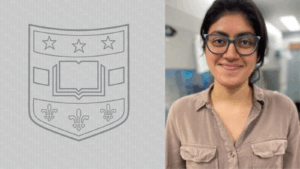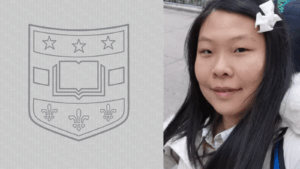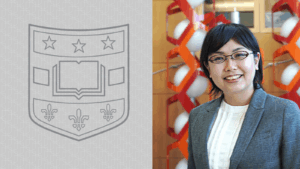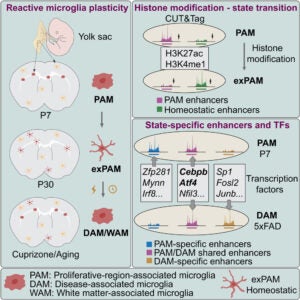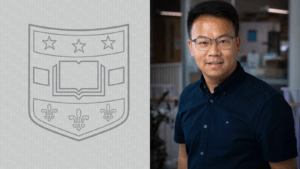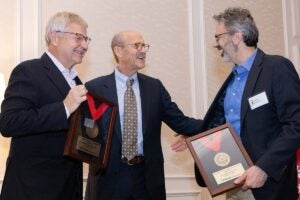Purva Patel, a third-year graduate student in the Jin lab, has been awarded a full scholarship to attend the 2026 St. Jude National Graduate Student Symposium, a highly selective national meeting for outstanding biomedical science trainees.
Graduate student Purva Patel earns full scholarship to attend prestigious St. Jude Graduate Symposium
